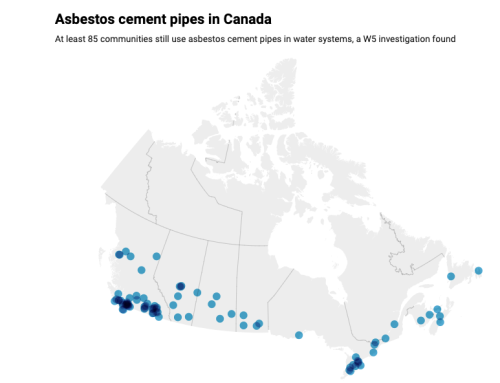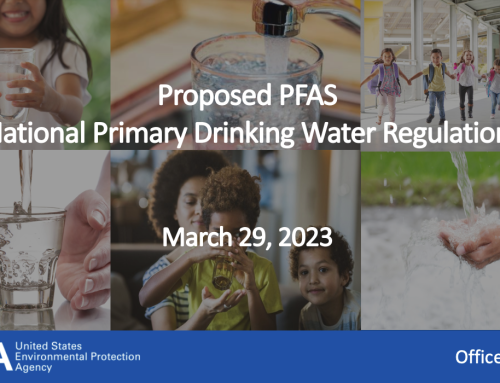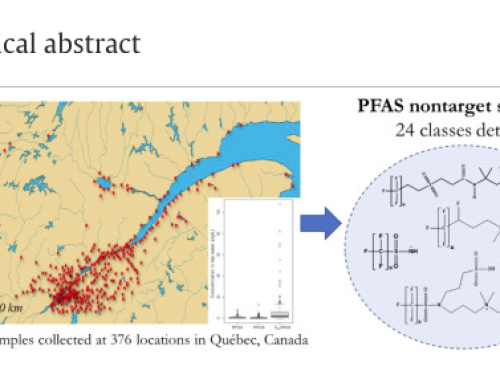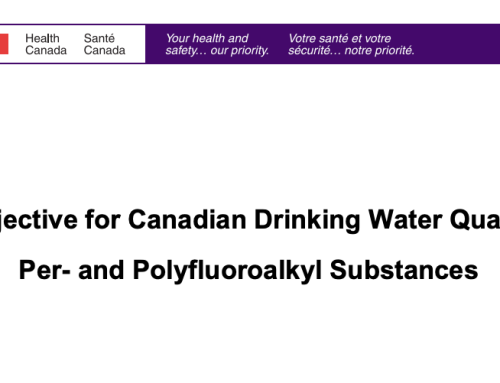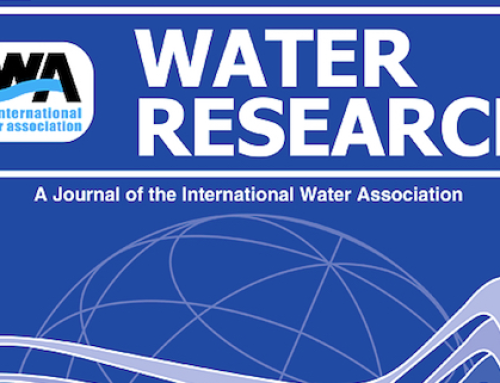
Hi all…in addition to the release of Health Canada’s “draft guidance on sampling and mitigation measures for controlling corrosion” for comment on December 24, there was another request for public comment. It is entitled “Draft technical document guidelines for Canadian drinking water quality – Antimony”. It is proposed that a maximum acceptable concentration (MAC) of 0.006 mg/L (6 μg/L) be established for antimony in drinking water. This is the existing MAC (i.e. unchanged). The text I have highlighted in yellow below briefly explains the need for public comment given that there is no change in the MAC being proposed. Comments are due by March 8, 2023.
Draft technical document guidelines for Canadian drinking water quality – Antimony
Purpose of consultation
“This guideline technical document evaluated the available information on antimony with the intent of updating the guidelines for antimony in drinking water. The purpose of this consultation is to solicit comments on the proposed guidelines, on the approach used for its development, and on the potential impacts of implementing them.
The existing guideline technical document on antimony, developed in 1999, recommended a maximum acceptable concentration (MAC) of 0.006 mg/L (6 µg/L) based on histological changes observed in the rat in a study by Poon et al. (1998). It was risk managed to take into consideration limitations in treatment technology. This document proposes a MAC of 0.006 mg/L (6 µg/L) for antimony in drinking water, based on histological changes in the liver and changes in serum biochemistry in the rat in the same study by Poon et al. (1998). The updated proposed MAC is risk managed to take into consideration treatment challenges of lowering the MAC (especially for private wells and small systems) without significant increase in health protection. The document was reviewed by external experts and subsequently revised.”
Please send comments (with rationale, where required) to Health Canada via email at water-eau@hc-sc.gc.ca.
Bill

